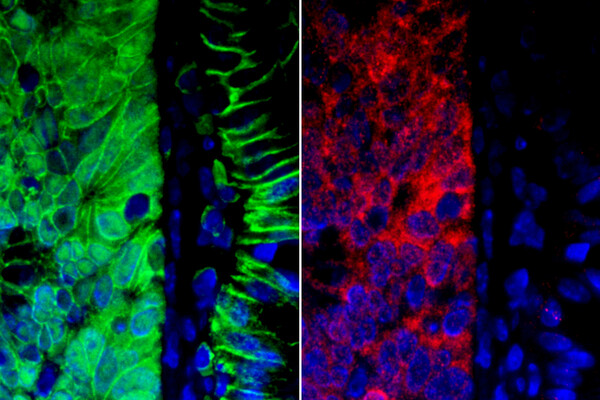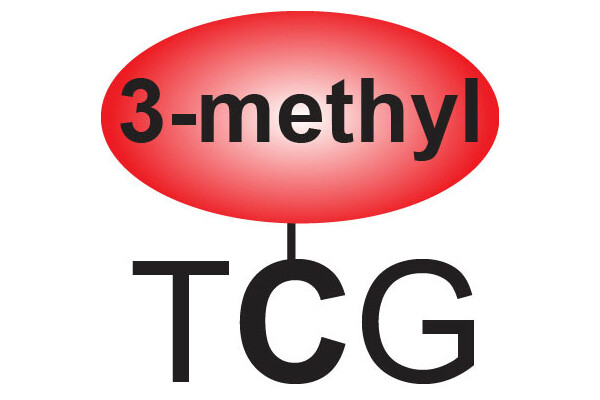4/16
Katherine Unger Baillie
Improving HIV patients’ lives while they are on ART
HIV and AIDS drug regimens have vastly improved since the disease was first identified in the early 1980s. They have saved millions of lives, but they still have drawbacks. Up to half of all people living with HIV who are on antiretroviral therapies, or ART, have some sort of cognitive impairment, such as memory loss or reduced executive function.
Katherine Unger Baillie ・
Gene Pair Plays Crucial Role in Colon Cancer, Penn Vet Team Shows
Colon cancer is one of the leading causes of cancer-related deaths worldwide, and researchers are hard at work to understand the disease’s complex molecular underpinnings.
Katherine Unger Baillie ・
HIV/AIDS Drugs Interfere With Brain’s ‘Insulation,’ Penn-CHOP Team Shows
Antiretroviral therapies, or ART, have enabled people with HIV and AIDS to live much longer lives, transforming what was considered a death sentence into a chronic condition. Yet concerns for these patients remain.
Katherine Unger Baillie ・
Penn Science Café: ‘A Story of the Southern Ocean’
WHO: Irina Marinov Assistant Professor
Katherine Unger Baillie, Gina Bryan ・
Penn Biologists Characterize New Form of mRNA Regulation
RNA, once thought to be a mere middleman between DNA and protein, is now recognized as the stage at which a host of regulatory processes can act to allow for flexibility in gene expression and thus the functions of cells and tissues.
Katherine Unger Baillie ・
New Penn Program Will Support Interdisciplinary Research on Sex and Gender Differences
By Niharika Gupta
Katherine Unger Baillie ・
Ancient Mass Extinction Led to Dominance of Tiny Fish
When times are good, it pays to be the big fish in the sea. In the aftermath of disaster, however, smaller is better.
Katherine Unger Baillie ・
Ancient Mass Extinction Led to Dominance of Tiny Fish, Penn Paleontologist Shows
When times are good, it pays to be the big fish in the sea; in the aftermath of disaster, however, smaller is better.
Katherine Unger Baillie ・
Penn Vet researchers handicap Ebola and other dangerous viruses
Though the latest outbreak of Ebola appears to be nearing an end, the virus may pose a threat again in the future. Thus a drug to help individuals survive this dangerous infection, which has mortality rates up to 90 percent, is in intense demand.
Katherine Unger Baillie ・
PBS doc featuring Penn historian illuminates human cost of war
The cost of war is not limited to the price of tanks, training, and technology. In modern warfare, much of the expense accrues after the battles are completed, when injured troops come home and require ongoing, costly medical care. These post-war costs are not just financial, but moral.
Katherine Unger Baillie ・












